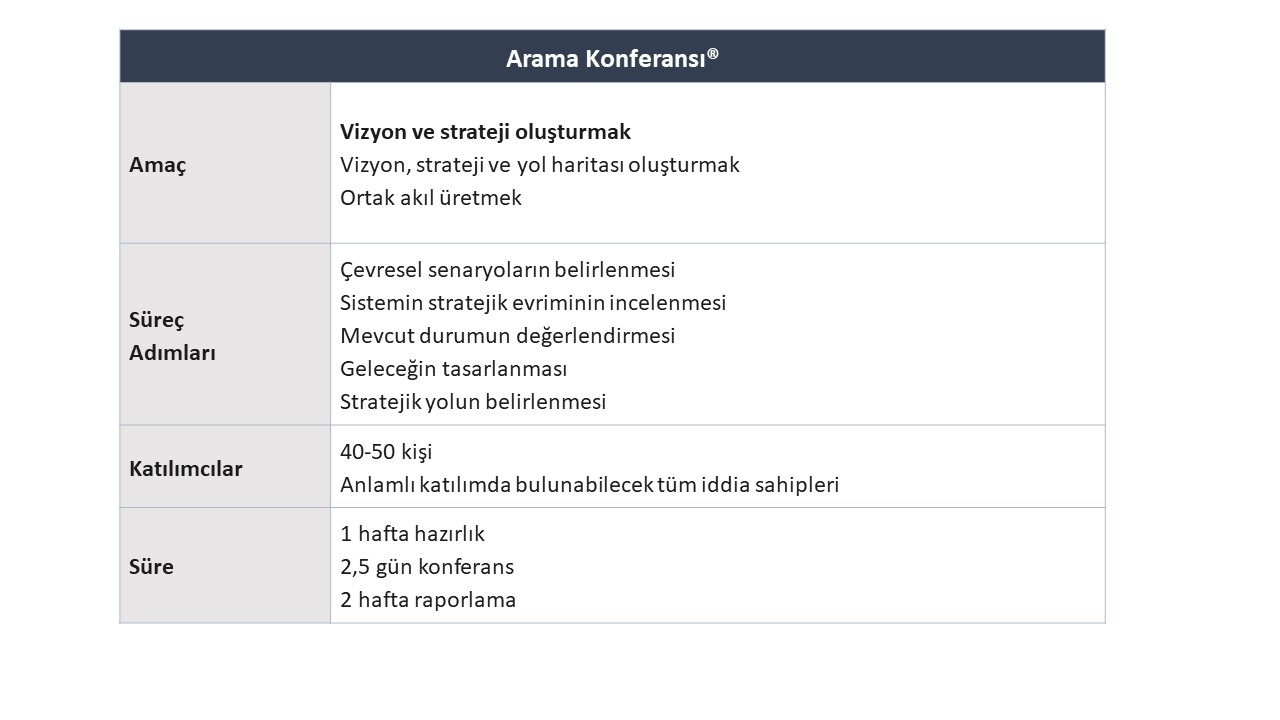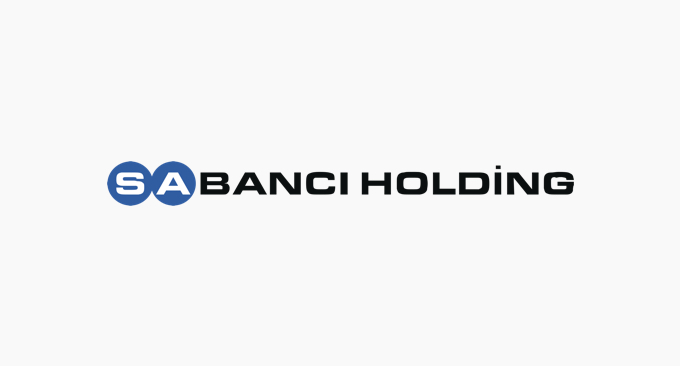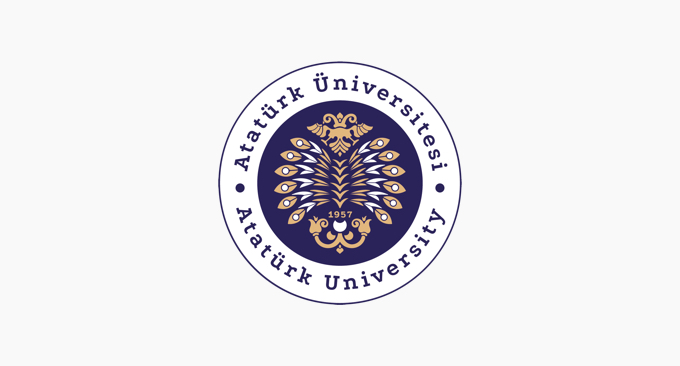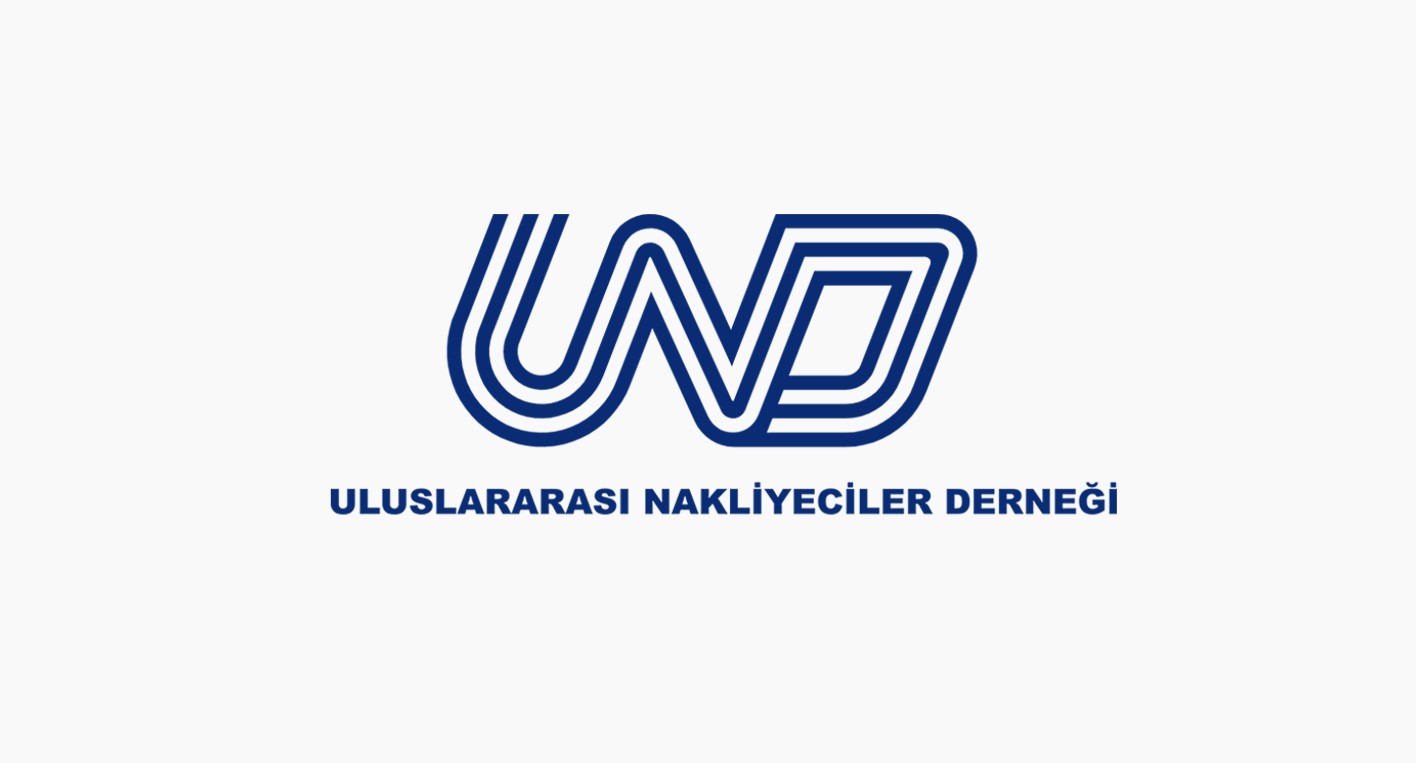Search Conference
Search Conference® is a participatory planning methodology that we use to create common ground. We have been performing similar practices in Turkey for the last 30 years exceeding the number of 1200 conferences at various holding companies, associations, sector organizations, public institutions and companies.
At the conference, we use a systematic process in which groups design the future they desire and the strategies necessary to achieve it. "Search" is an achievable, desired future and "common ground" exploration.
We enable participants to creatively produce the organization philosophy, mission, goals and objectives enriched with shared values and beliefs with using the method of participatory design of the future. This process is especially useful when social, economic and technological uncertainties are strong.
Flexibility, innovation, social responsibility, participation and collaboration are required to adapt to an environment with unexpected changes, uncertainties, undesirable results and complexities. Search Conference® is designed to accommodate all these components. It is therefore an excellent decision-making methodology for fast-changing conditions that are not easy to predict.
In the Search Conference®, we bring together about 40 "stakeholders" for 2-2.5 days to seek common ground, in a non-classical conference setting.
We seek and find the 'common ground’ that the participants will develop by convincing each other at every stage of the Search Conference®.
Method: Search Confrence®
Aim: Forming vision and strategy; Creating vision, strategy and roadmap, producing common ground.
Steps of Process: Determining environmental scenarios, Examining the strategic evolution of the system, Evaluation of the current situation, Designing the future, Determining the strategic path
Participants: 40-50 participants, Any stakeholders who can make significant participation
Duration: 1 week of preparation, 2,5 days of conference, 2 weeks of reporting
Conference and Workshop Methods

Method: Decision Conference®
Aim: Deciding and Prioritizing in line with Strategy and Vision, Multi-criteria decision making, Prioritizing goals, Prioritizing strategies, Prioritizing actions.
Steps of Process: Evaluation of decision-making criteria by computer-aided mechanisms, Prioritizing goals, strategies and actions, Interpreting priorities.
Participants: 7-500 participants, Stakeholder groups broadened with experts.
Duration: 1 week of preparation, 1 day of conference, 2 weeks of reporting
Method: Dialogue Conference®
Aim: Projecting, Taking steps towards performing projects, providing effective communication in a focused area that will bring the subject closer to implementation.
Steps of Process: Project feasibility studies, Project evaluation studies, Application protocols
Participants : 40-70 participants.
Duration: 2-8 weeks of preparation, 1 day of conference, 2 weeks of reporting.
Method: Assessment Conference®
Aim: Assessment of Change, To evaluate the implementation phase of the planned topics, to reveal new implementation plans
Steps of Process: Assessment of the application by the stakeholders who made the change
Participants: 30-50 participants, convenient people who made the application of change.
Duration: 1 week of preparation, 1 day of conference, 1 week of reporting.
Method: Open Space Conference
Aim: Disseminate the change, Creating a development agenda, Providing a high level of group interaction and productivity
Steps of Process: Collection of development suggestions, Elaboration of suggestions, Evaluation of suggestions
Participants: 50-1000 participants, All stakeholders
Duration: 1 week of preparation, 1-3 days of conference, 2 weeks of reporting
Method: Participatory Design Workshops®
Aim: Designing Organizational Structuring, Developing Organizations, Creating New Structuring Vision, Developing Team Games
Steps of Process: Evaluating the existing organization, Designing the desired organization form visually and verbally
Participants: 40-50 participants
Duration: 1 week of preparation, 2-3 days of conference, 2 weeks of reporting
Method: Strategy Workshop
Aim: Formulation of Strategy, Sector, Analysis of competition and market dynamics, Designing the basics of the Firm's competitive approach and the main dimensions of the competitive strategy.
Steps of Process: Analysis of the structural components of the sector and the main uncertainties and major breakdowns in these components, Analysis of competition and market dynamics, Evaluation of the core competencies and weaknesses of the Firm that create competitive advantage, Determination of the basic competition approach, Designing the main components of the competitive strategy.
Participants: 20-50 participants
Duration: 1 week of preparation, 1-2 days of workshop, 1 week of reporting
Method: Strategy Forum
Aim: Performing strategy communications, Communication on strategy issues, Creating corrective actions
Steps of Process: Strategy Presentation, Strategy Assessment, Strategy Interpretation, Production and Delivery of Suggestions.
Participants: 40-70 participants
Duration: 1 week of preparation, 1 day of workshop, 1 week of reporting
Method: Differentiation Workshop
Aim: Redesign of the Elements that will Differentiate the Institution, Determination of Differentiation Areas, Creation of Original Designs in these Areas
Steps of Process: Value chain analysis, Competition analysis, Creative design work
Participants: 40-50 participants
Duration: 1 week of preparation, 2 days of workshops, 2 weeks of reporting
Method: Culture Workshop
Aim: Planning the Culture Change, creating the desired culture of the Institution in a participatory way
Steps of Process: To examine the parts of the corporate culture such as management approach (such as strategic view, the structure of human resources systems and organization, empowerment), the way of doing business (processes, organizational structure, general working style), values, internal and external communication.
Designing the desired culture, Solution suggestions / Action plans
Participants: 20-40 participants
Duration: 1 week of preparation, 1 day of workshop, 1 week of reporting
Method: Brand Vision Workshop
Aim: Planning Brand Management, Forming Brand vision, Identifying brand opportunity areas, Determining brand identity, Creating the positioning plan
Steps of Process: Assessment of Brands, Designing the future position of the brand, Action plans,
Participants: 30-50 participants
Duration: 2 weeks of preparations, 1-2 day of workshops, 2 weeks of reporting
Method: Scenario Planning Workshop
Aim: Defining Different Future Scenarios, Creating alternative future scenarios to understand the future, Planning according to different scenarios
Steps of Process: Determination of “impressive forces” in the environment, Determination of the effects of influential forces, Determination of scenarios
Participants: 10-40 participants
Duration: 4 weeks of preparation, 1 day of workshop, 2 weeks of reporting
Method: Action Architecture Workshop
Aim: Converting Projects into Detailed Actions, Identifying and planning all actions to achieve the set goals
Steps of Process: Obstacle analysis, Action production, Linking actions
Participants: 20-40 participants
Duration: 1 week of preparation, 1 day of workshop, 1 week of reporting
Method: CrisisPlan Workshop
Aim: Planning the Crisis Management, Creating the portfolio of crisis, preparing the planning of crisis
Steps of Process: Examining the past crises and the institution, Determining the crisis possibilities, Determining what needs to be done before, during and after the crisis.
Participants: 30-50 participants
Duration: 1 week of preparation, 1 day of workshop, 1 week of reporting




